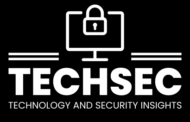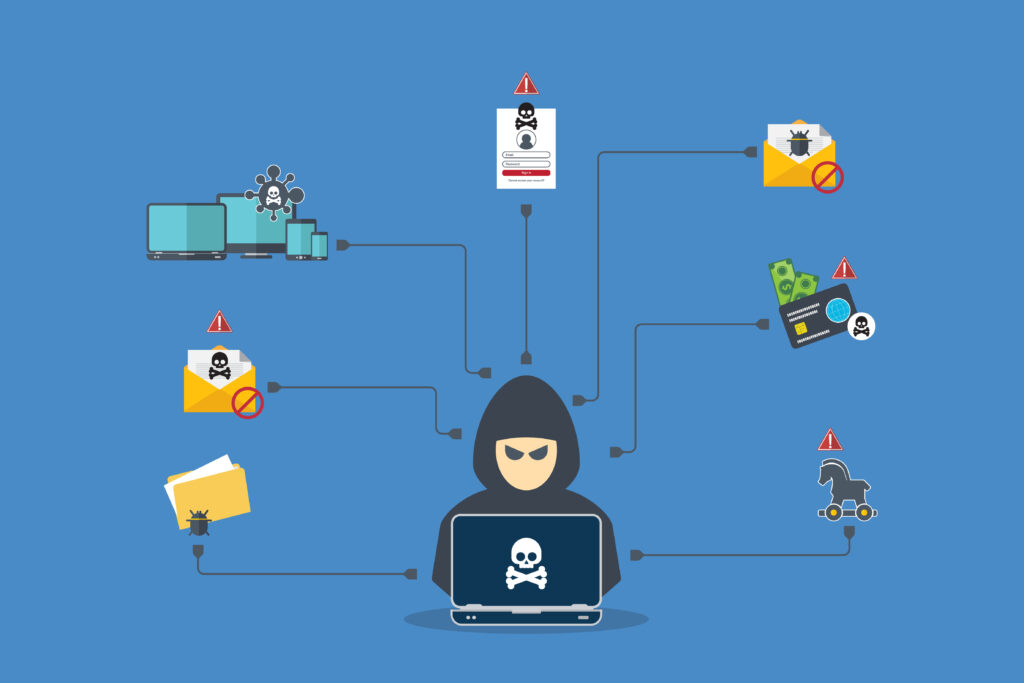As technology continues to advance, cybersecurity is becoming increasingly important. With the rise of cyberattacks and data breaches, the demand for cybersecurity professionals is growing rapidly. If you are interested in launching your cybersecurity career, this guide will provide you with practical tips and resources to help you get started.
Understand the Basics of Cybersecurity
Before you begin your journey, it is essential to understand the fundamental concepts of cybersecurity. Familiarise yourself with key terms such as threat, vulnerability, and risk. Additionally, learn about the various types of cyberattacks, such as phishing, malware, and ransomware. Understanding the basics will provide you with a strong foundation for building your career.
Gain Relevant Education and Certifications
Since cybersecurity is a complex field, it requires specialised knowledge and skills. To gain expertise, consider pursuing a degree in cybersecurity or a related field, such as computer science or information technology. Additionally, obtaining relevant certifications, such as CompTIA Security+, Certified Ethical Hacker (CEH), or Certified Information Systems Security Professional (CISSP), can demonstrate your competence and dedication to potential employers.
Build Practical Skills and Experience
To excel in cybersecurity, you must have hands-on experience. Consider participating in cybersecurity competitions or hackathons, creating your own security projects, or volunteering for cybersecurity-related projects. These activities can help you develop practical skills, demonstrate your commitment to the field, and provide you with real-world experience that you can highlight on your resume.
Network with Cybersecurity Professionals
Networking with other professionals in the cybersecurity industry can help you learn about industry trends, build connections, and even find job opportunities. Attend cybersecurity conferences, join online communities, and participate in local meetups to connect with other professionals in the field.
Stay Up-to-Date with Industry Standards and Best Practices
Lastly, in the constantly evolving field of cybersecurity, it’s important to keep up with the latest industry standards and best practices to stay ahead of potential threats. Keeping an eye on popular frameworks and operating systems such as the National Institute of Standards and Technology (NIST), Centre for Internet Security (CIS) Controls, and Linux can help you stay informed about the latest updates and best practices in the industry.
Additionally, learning about commonly used tools and techniques like penetration testing, threat intelligence, and incident response can help you develop the skills necessary for a successful career in cybersecurity. These resources can aid career development and keep you ahead in the field. By keeping up-to-date with the latest trends and best practices, you can position yourself as a valuable asset to any organization in need of cybersecurity expertise.
Conclusion
Starting a career in cybersecurity can be challenging, but with dedication and effort, you can succeed in this exciting and rewarding field. By understanding the basics, gaining relevant education and certifications, building practical skills and experience, networking with other professionals, and staying up-to-date with industry standards and best practices, you can position yourself for a successful career in cybersecurity.
Useful Resources
Online Learning Platforms
Codecademy: This website offers a variety of online coding courses, including ones focused on cybersecurity. Codecademy can help you develop skills in programming languages such as Python, which are useful for cybersecurity professionals.
Udemy: Udemy is an online learning platform that offers a range of cybersecurity courses. These courses can help you develop skills in areas such as ethical hacking, penetration testing, and network security.
Cybersecurity Certifications
CompTIA Security+: This certification program provides foundational knowledge in the field of cybersecurity, covering topics such as network security and risk management. Earning this certification can be a great way to demonstrate your expertise to potential employers.
CISSP: The Certified Information Systems Security Professional (CISSP) certification is a globally recognized standard for cybersecurity professionals. It covers a broad range of topics, including risk management, cryptography, and network security.
CEH: The Certified Ethical Hacker certification program teaches students how to identify and exploit vulnerabilities in computer systems, with the goal of improving security. This certification is particularly useful for those interested in pursuing a career in ethical hacking.
Frameworks and Tools for Managing Cybersecurity Risks
NIST Cybersecurity Framework: The NIST Cybersecurity Framework provides guidelines and best practices for managing cybersecurity risk. Familiarising yourself with this framework can help you understand key concepts and principles in the field.
Metasploit: Metasploit is a powerful tool used by cybersecurity professionals for penetration testing and vulnerability assessment. It can help you identify weaknesses in computer systems and develop effective mitigation strategies.
Burp Suite: Burp Suite is a web application security testing tool used to identify vulnerabilities in web applications. It includes features such as intercepting and modifying HTTP traffic, and can help you develop skills in web application security testing.
Essential Virtualisation and Linux Tools for Cybersecurity
VirtualBox: VirtualBox is a free, open-source virtualization platform that allows you to run multiple operating systems on a single computer. It is commonly used by cybersecurity professionals for testing and experimentation.
Kali Linux: Kali Linux is a popular Linux distribution used for penetration testing and digital forensics. It includes a wide range of tools and utilities useful for cybersecurity professionals.





Great
Thanks for providing us the information to be able to secure our system.